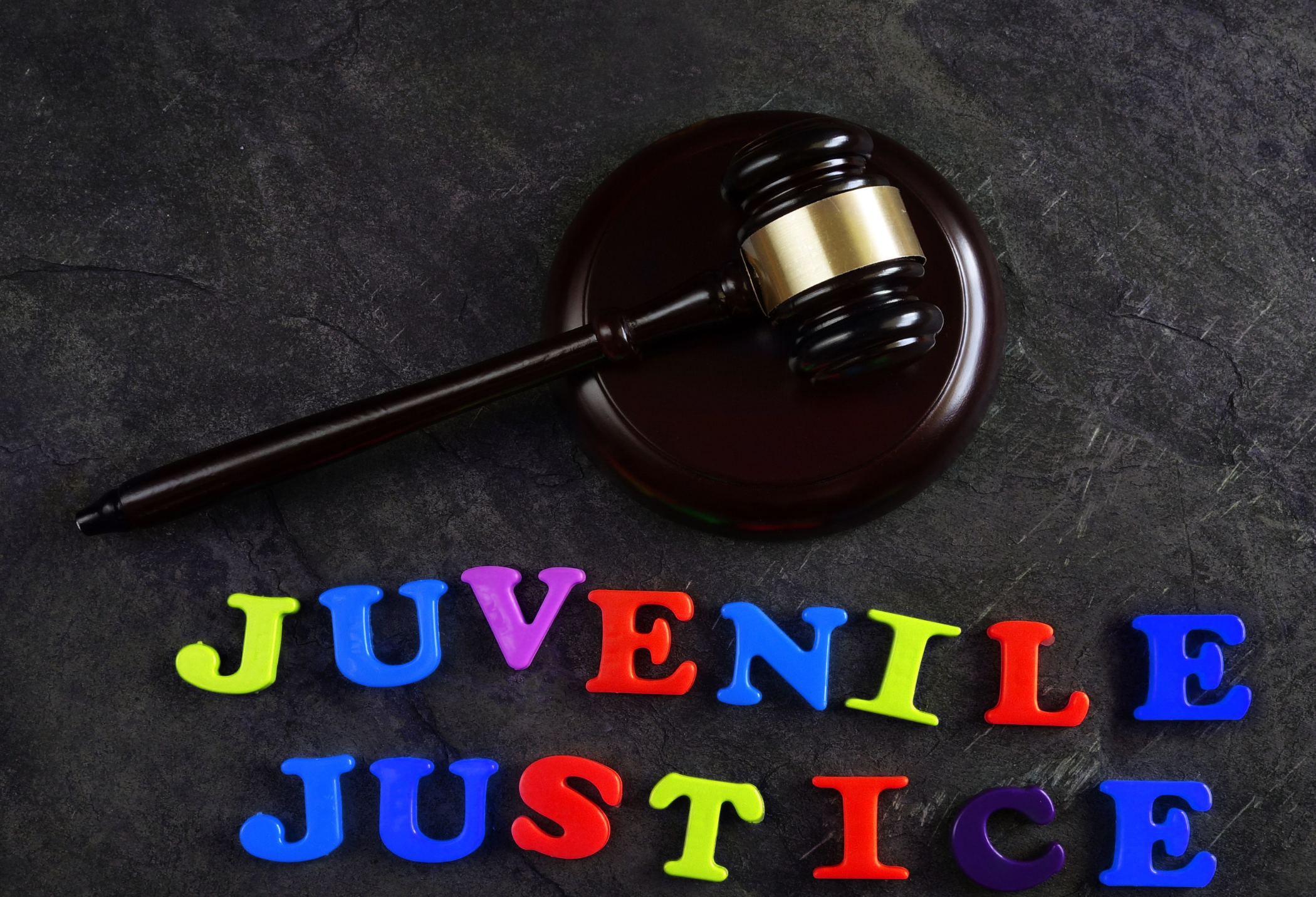
When Can a Teenager Be Criminally Tried as an Adult in Ohio?
November 5, 2024
When your child gets arrested for a serious crime in Ohio, such as a violent offense or a crime involving significant property damage, you might worry whether they may face prosecution as an adult.
When Can Prosecutors Transfer a Teenager to Adult Court?
Under Ohio law, prosecutors may seek a mandatory or discretionary waiver of a juvenile’s delinquency charges to adult criminal court so that the juvenile can face prosecution as an adult. A juvenile must have reached the age of 14 to become subject to transfer to adult criminal court. Mandatory waiver requires the juvenile court to transfer the case to adult criminal court upon finding probable cause to try the juvenile. Circumstances under which the juvenile court must transfer a juvenile include:
- Any Criminal Offense – A juvenile who has reached age 14, who has a prior conviction in adult court, or if the juvenile has domicile in another state and the offense would constitute an excluded offense under that state’s law.
- Murder – A juvenile who has turned 14 charged with aggravated murder, murder, or attempted murder or aggravated murder, if the accused has a previous delinquency adjudication resulting in their placement in the custody of the department of youth services for the offense of homicide, kidnapping, aggravated arson, aggravated robbery, aggravated burglary, rape, or felonious sexual penetration; a juvenile who has turned 16 charged with aggravated murder, murder, attempted murder or aggravated murder, or voluntary or involuntary manslaughter committed with a firearm.
- Offenses Against the Person – A juvenile who has turned 16 charged with rape or aggravated robbery committed with a firearm, or who has a prior delinquency adjudication for a category 1 or 2 offense that resulted in placement in the custody of the department of youth services.
- Offenses Against Property – A juvenile who has turned 16 charged with aggravated arson or aggravated burglary committed with a firearm or who has a prior delinquency adjudication for a category 1 or 2 offense that resulted in placement in the custody of the department of youth services.
Factors Considered for Transfers
A juvenile court may grant a discretionary waiver of a juvenile’s case to adult criminal court when the juvenile has turned 14, and the court finds that the prosecution has established the following factors:
- The state has probable cause to believe the juvenile committed the alleged offense(s)
- The juvenile will not reasonably benefit from care or rehabilitation in a facility intended for delinquent children
- Public safety requires placing the juvenile under legal restraint for a period lasting beyond the juvenile’s 18th birthday
Other factors the juvenile court must consider include:
- The severity of the alleged offense
- Whether the offense involved aggressive, violent, willful, or premeditated conduct
- Whether the offense occurs against a person or property
- The strength of the prosecution’s case
- Whether the juvenile’s co-defendants will face prosecution in adult criminal court
- The juvenile’s sophistication, maturity, and criminal history
- The need to protect the community
Contact a Juvenile Crimes Defense Attorney Today
If your child has been arrested for a significant crime, they may be transferred to adult criminal court for prosecution as an adult. Get the experienced legal advocacy your family needs to protect your child’s rights, freedom, and future. Contact DiCaudo, Pitchford & Yoder today for a free, confidential consultation with a criminal defense attorney to learn how our team will fight for your child to defend against their transfer to criminal court.